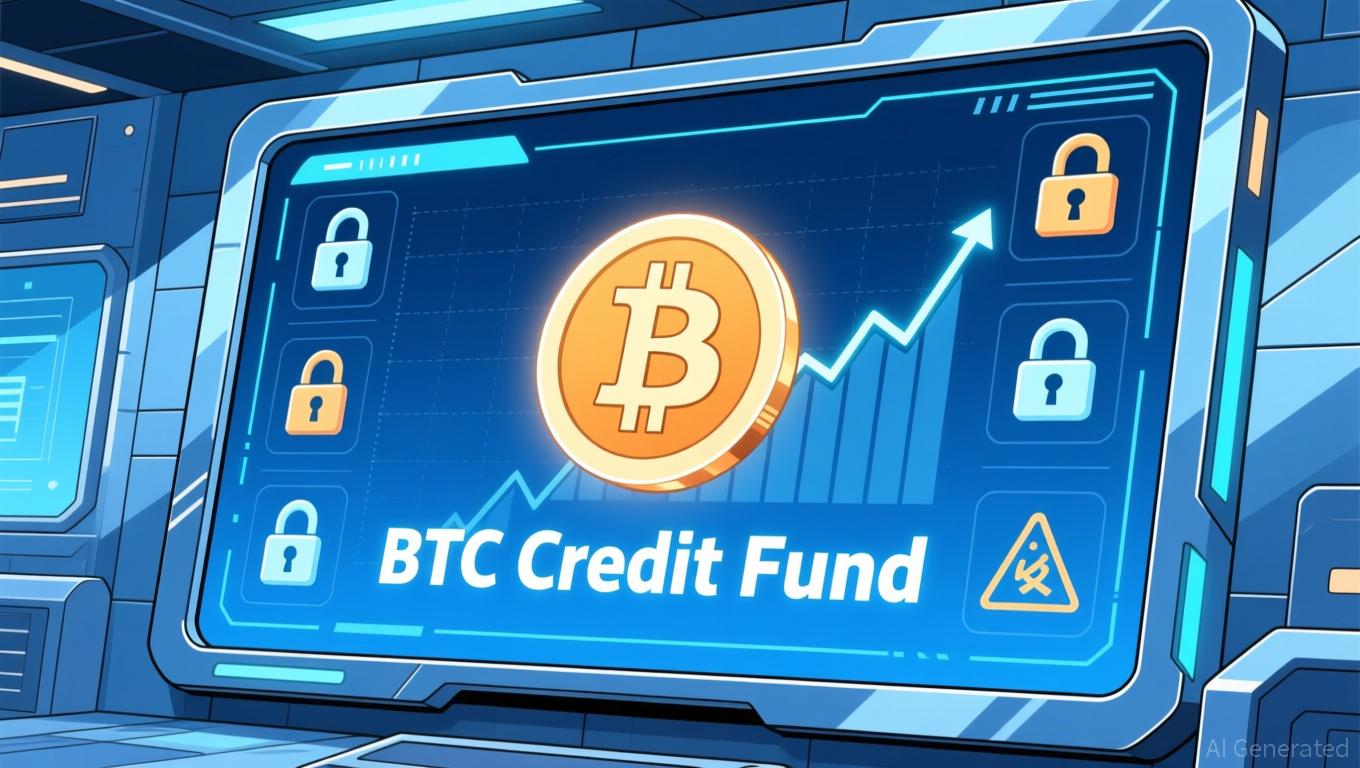Conor McGregor accuses Khabib Nurmagomedov of scamming fans with $4.4 million NFT sale
Key Takeaways
- Conor McGregor accused Khabib Nurmagomedov of scamming fans with a $4.4 million NFT sale themed around Dagestani culture.
- Nurmagomedov defended the NFT drop as a legitimate celebration of tradition, calling McGregor's claims false and retaliatory.
Share this article
UFC star Conor McGregor publicly blasted longtime rival Khabib Nurmagomedov after the retired champion dropped a series of papakha-inspired NFTs, digital versions of the traditional Dagestani hat he made famous during UFC fight nights.
Social media posts claimed the release generated around $4.4 million, and after the sale, Nurmagomedov deleted earlier posts promoting it.
McGregor immediately accused Nurmagomedov of running a “scam,” claiming he used his late father’s name and Dagestani culture to take money from fans before wiping off promotional evidence. He called it “a shame and a stain” on Nurmagomedov’s father’s legacy.
“There is just no way good guy Khabib used his late father’s name, as well as Dagestan’s culture, to scam his fans and fire sell a bunch of digital NFTs online and then delete all of the content after they were sold, leaving his fans robbed of their money?” McGregor wrote .
Nurmagomedov fired back, calling McGregor an “absolute liar” and insisting the NFTs were legitimate “digital gifts” with real value, created to celebrate the Dagestani tradition. He said McGregor was trying to insult him years after losing their infamous 2018 fight.
McGregor also had his own history with crypto ventures.
The former UFC champion previously partnered with Real World Gaming DAO to launch a meme token called REAL, aiming to blend meme coin appeal with utility and transparent fundraising.
Disclaimer: The content of this article solely reflects the author's opinion and does not represent the platform in any capacity. This article is not intended to serve as a reference for making investment decisions.
You may also like
Ethereum Updates Today: From Speculation to Stability: The Widespread Adoption of Digital Assets
- David Smith shapes risk strategies prioritizing long-term profitability in digital asset integration with traditional finance. - Chijet Motor's $400M digital holdings and ARP Digital's structured products highlight corporate adoption of blockchain-based treasury strategies. - SignalPlus and Binance's institutional tools, plus Japan's 20% crypto tax regime, demonstrate infrastructure and regulatory maturation for institutional-grade crypto markets. - Stable volatility and strategic ETH accumulation by fir

Does USPS's Legal Shield Cover Deliberate Mail Slowdowns? Supreme Court Set to Decide
- U.S. Supreme Court to decide if USPS's FTCA immunity covers intentional mail delays in Lebene Konan's case. - Konan claims employees withheld her mail for 24 months due to racial bias; Fifth Circuit ruled intentional acts are not exempt. - USPS warns a ruling for Konan could trigger lawsuits over minor issues, increasing legal risks and costs. - Case highlights accountability concerns amid reliance on mail for critical transactions like medical supplies and legal documents. - Decision expected in 2026 ma

Bitcoin News Update: Xapo’s Bitcoin Fund Connects Conventional Finance with the Crypto World
- Xapo Bank launches $100M BTC Credit Fund, offering institutional-grade lending to qualified investors post-Gibraltar approval. - The fund, managed by Hilbert Group, emphasizes security and risk-adjusted returns via short-term, unleveraged Bitcoin loans. - Operating in a streamlined Gibraltar regulatory framework, Xapo expands Bitcoin wealth products, bridging traditional and crypto finance amid U.S. regulatory complexities. - This move reflects growing institutional adoption, though challenges like marke

Middle-Class Identity in Flux: TikTok Lifestyles Challenge Government Commitments
- Miami mayoral candidates clash over housing affordability, reflecting national divides in defining the middle class amid economic anxieties. - TikTok home tours blend aspirational aesthetics with blunt economic realities, redefining middle-class identity through lived experiences of gentrification and stagnant wages. - UK's tax hikes on savings and property income highlight global pressures reshaping middle-class definitions as policy debates prioritize individual over systemic support. - Eroding trust i

